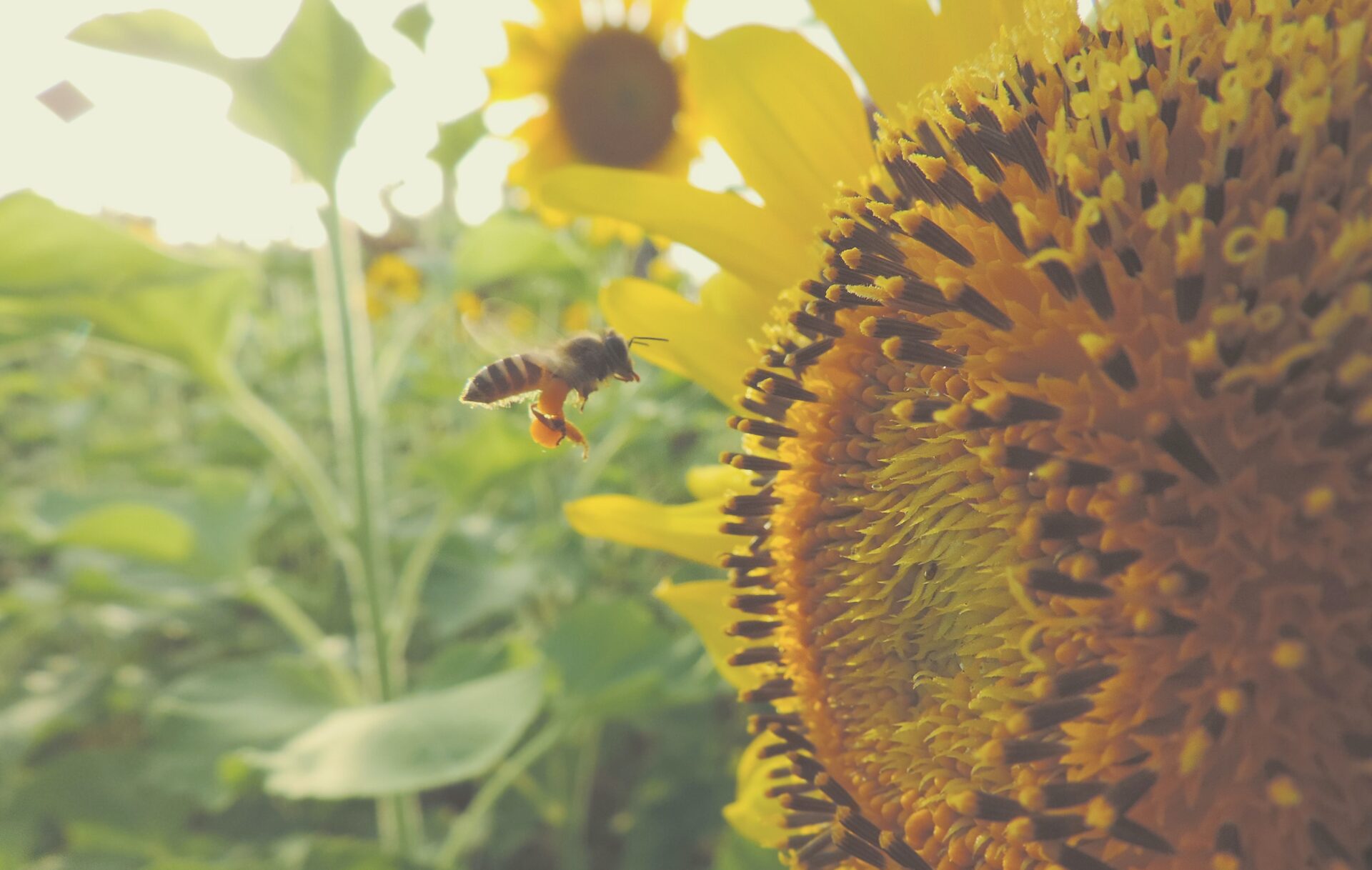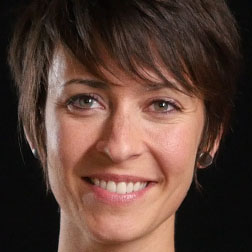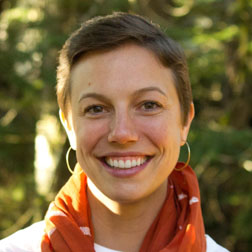Together we can cultivate the culture that is being called for and that we want – Where resilient collectives are fortified in their shared sense of belonging, hold faith in something vast and greater than themselves, prioritize both support and challenge, and celebrate the uniqueness each member brings.
When you create a space that is attuned, well held and safe enough, people naturally bring their authentic selves more fully in and forward. And when you really get it right, they relax into their sense of belonging, they are more available to connect, and they are excited to try new things and build new capacities. Lay the foundation, tend to it, and people will want to join in, and stay in even when things get tough.
This guiding principle informs the design of our facilitative leadership programs. As a result, participants consistently express being moved by the level of depth and intimacy that is established from day one, even in an online setting. It’s as though a yearning they didn’t quite realize they had, is being met and answered.
In applying this principle, we prioritize 3 critical components:
1) Orientation:
This begins the moment that we set the dates for a new program offer and continues right into the first day of programming. We imagine and anticipate how to onboard participants so that they begin to get a sense of who we are, what they might expect of our weeks together, some of the structures we will use, and how they can best prepare to get the most out of the program.
We make contact early and often, sharing the responsibility for co-creating the community and learning journey that will best serve this particular cohort, at this particular moment.
2) The Container:
This essential pillar is nurtured throughout the learning journey. It includes seeing and appreciating the ways that the group finds togetherness through shared values, ideas, play, empathetic gestures, etc., while also honouring and amplifying the ways we differ and perhaps actively oppose one another.
The container lives and breathes unique to each group, and depending on the learning intention at any moment, may require reshaping, more focused attention, fierce assertion, and nurturing and care.
3) Presence and Play:
Here is where we actively invoke being present and engaged. We model openness, awareness and attunement, making ourselves available to both influence and be influenced by the group, while asking that participants practice doing the same.
We encourage risk-taking and participation through bids to the group that seek to amplify enjoyment and elicit playfulness and spontaneity, even when navigating more challenging territory. This means pacing with participants and listening for both explicit and implicit feedback to guide the group’s choices as we move along the learning path – where structure can meet emergence.
Being together, simply getting along, is not always easy. As diverse as this world is, so too are the people in it. Each group has its own way of being with dynamic personalities, sometimes competing needs and interests, and always lots of thoughts and feelings, whether visible or not. And any group that is inviting more presence and authenticity from one another will also inevitably encounter more discomfort and disruption where the heat goes up, nervous systems kick in to preserve and protect, and it can be hard to get realigned.
Laying firm foundations and cultivating culture supports groups to be more real and engaged with one another, to stay connected, to take risks, and to benefit from the learnings of working through and beyond any challenge. Groups transform. And the most beautiful part is that all this can be learned and applied in all of our collaborations.
Cléo Burke is a principal at Ten Directions and member of the IF Faculty. She brings over 20 years experience from within the fields of outdoor recreation, education and healthcare to her offerings in transformational and experiential learning. As A Certified Integral Facilitator, Licensed Counselling Therapist and Associate Integral Coach, she designs and delivers well-balanced and engaging programs centred around elevating personal and collective development. She emphasizes incorporating embodied awareness and somatic practices as a means to building capacity and skill for everything from working with complexity to uncovering particular dynamics and patterns to cultivating authentic leadership. She hails from K’jipuktuk/Halifax, Nova Scotia on the east coast of Canada.


